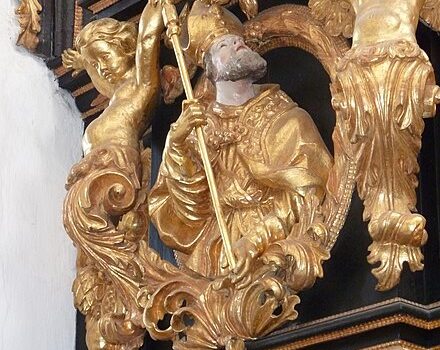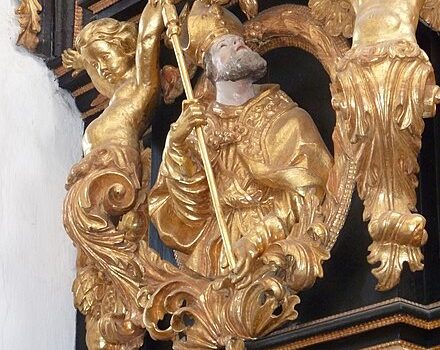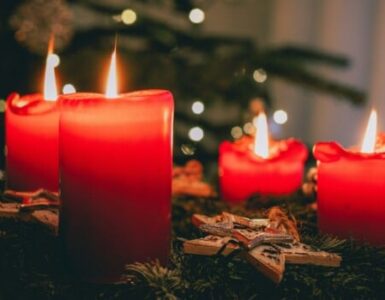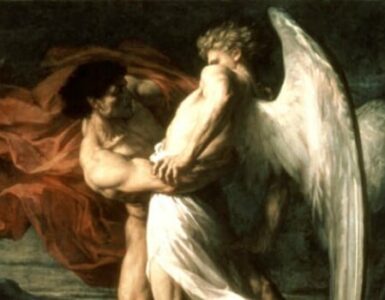
 St. Robert was born at Gargrave, England, at the beginning of the 12th century. He studied at the University of Paris, was ordained a priest, and served as a parish priest in his native town. Later, he became a Benedictine and joined a band of monks in establishing a Cistercian monastery in which the strict Benedictine rule would be revived. In the winter of 1132, they founded Fountains Abbey on land given to them by Archbishop Thurston. In 1138, Robert went on to found the Cistercian Abbey of Newminster at Morpeth, Northumberland, which became a place of pilgrimage.
St. Robert was born at Gargrave, England, at the beginning of the 12th century. He studied at the University of Paris, was ordained a priest, and served as a parish priest in his native town. Later, he became a Benedictine and joined a band of monks in establishing a Cistercian monastery in which the strict Benedictine rule would be revived. In the winter of 1132, they founded Fountains Abbey on land given to them by Archbishop Thurston. In 1138, Robert went on to found the Cistercian Abbey of Newminster at Morpeth, Northumberland, which became a place of pilgrimage.
As abbot, Robert provided a fine example leading his monks to sanctity: he recited the entire Psalter of 150 psalms daily and he ate sparingly to maintain his self-denial. He is said to have had supernatural gifts, particularly with special power over evil spirits, and he cured many people possessed by demons.
Robert was a close friend of the hermit Saint Godric and often visited him in his hermitage at Finchale, where they would discuss the things of heaven. The night Robert died, June 7, 1159, Godric is said to have seen his soul ascending to heaven like a ball of fire.
St. Robert’s relics were translated to the church at Newminster. Miracles were reported at his tomb, and it became a center of pilgrimage.
Lessons
1. St. Robert’s love of the psalms lead him to write a commentary on them, which has since been lost. Let us take a lesson from St. Robert and turn to the psalms for comfort, instruction, and praise of our mighty God.
2. In a time when exorcisms are on the rise, let us pray to St. Robert for protection against the devil and all evil spirits. We should not be overly fearful; however, as St. Robert knew, the only power Satan has is allowed by “divine providence which with strength and gentleness guides human and cosmic history” (Catechism of the Catholic Church ).
photo via Wikimedia Commons










